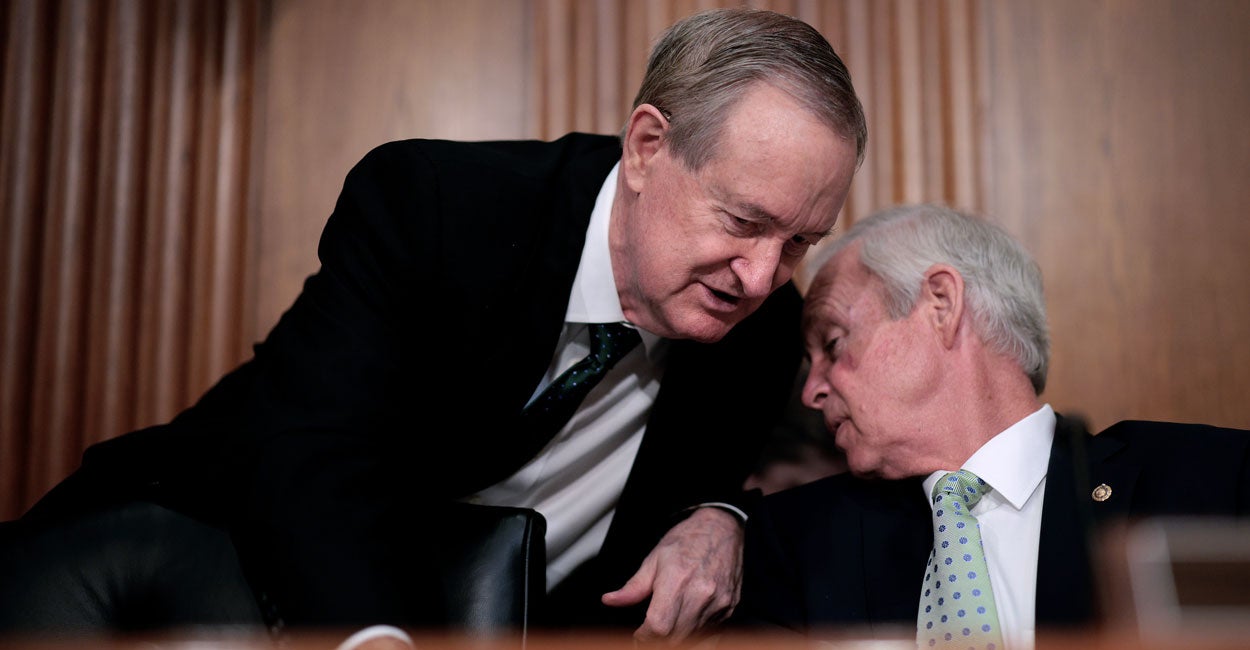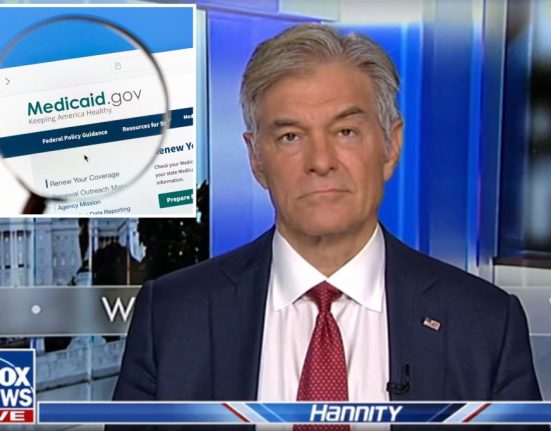As the Senate Finance Committee’s reconciliation package continues to make its way through the Senate process, a review of its key provisions as compared to the House-passed version offers some helpful insights and exposes some glaring omissions.
The Senate Finance bill follows the House-passed reconciliation bill in a number of ways. First, like the House bill, the Senate Finance proposal focuses on strengthening eligibility verification and enforcement rules in Medicaid and the Obamacare exchanges to ensure only those who are eligible for the program are on it. It also sets up a framework for adding work requirements, similar to those in other welfare programs, to the Medicaid program and establishes a process to recapture Obamacare premium subsidy overpayments.
In some ways, the Senate Finance bill is better than the House bill. Specifically, the Senate provisions further narrow eligibility for illegals to qualify for Medicaid and Obamacare subsidies. It also removes the delay on Disproportionate Share Hospital payments cuts. These cuts were originally promised as “savings” under Obamacare. Yet, these cuts have never taken effect as Congress constantly intervenes to stop them. The Finance proposal correctly stops these delays. The Senate Finance Committee also took additional steps to further limit states’ use of questionable financing gimmicks to leverage federal funding.
In other ways, however, the Finance bill continues other distortive provisions. Specifically, like the House bill, the Senate Finance bill makes special allowances for states that have not expanded their Medicaid programs over those states that expanded their programs via Obamacare.
On the surface, this might seem a good concession. A way of rewarding those states that took the fiscally sound path of rejecting the Obamacare Medicaid expansion. However, such special carve outs only further distort an overly complex and opaque financing structure. Medicaid needs greater transparency and accountability, not less.
The most glaring difference between the two bills is the Senate Finance eliminates any improvements to Health Savings Accounts. The House bill made a number of modifications to increase availability, contributions, and qualified expenses for Health Savings Accounts, including Direct Primary Care arrangements and plans offered through the exchanges. The Senate bill removes these changes as well as other first term Trump initiatives, such as codifying the Individual Coverage Health Reimbursement Arrangements. The omission of these two provisions is a major setback for patient-centered health reform.
Further, still missing from both the House and Senate Finance version is an agreement on bringing the enhanced Obamacare Medicaid match rate in line with traditional Medicaid match rates. Both bills do not change the enhanced Obamacare Medicaid expansion funding to normal federal Medicaid funding levels. While the bills remove a recently added temporary bonus to new expansion states, ending the preferential match rate across the board would make funding fairer and would stop the distortions it creates in the program.
Also, neither bill includes any trigger mechanism to force Congress to make more fundamental, long-term reforms to the Medicaid program. Without a forcing mechanism in place, it is likely Congress will move on as they did after welfare reform and calls for future reforms will be ignored. The House bill does not address this.
As the July 4 goal for passing the One Big Beautiful Bill Act nears, there is still time for Congress to act and fix what’s missing.







